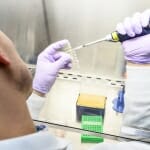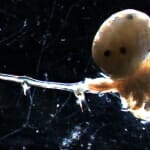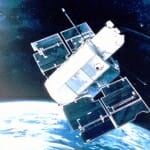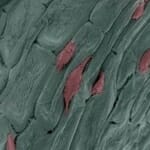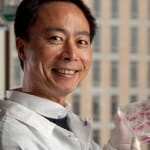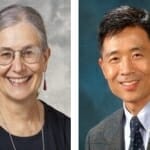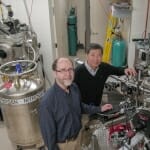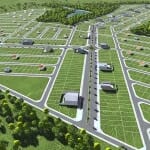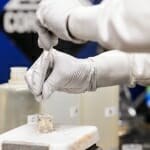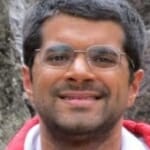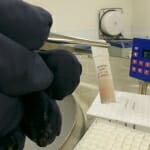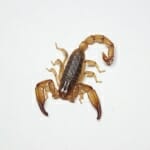Category Science & Technology
Students to showcase biomedical engineering projects Friday
The problem-solving abilities of 64 teams of students will be on display Friday. The projects run the gamut from assistive devices to analytical tools, from surgical aids to a radiation shield. Read More
Advanced alloy firm cuts costs with help from UW’s ‘lean operations’ expertise
Winsert Inc., a Marinette, Wisconsin, supplier of high-tech metal and parts to manufacturers around the globe, continues to gain from its longstanding relationship with Engineering Professional Development at UW–Madison. Read More
Forget ‘needle in a haystack.’ Try finding an invasive species in a lake.
A new study may explain why the tiny and invasive spiny water flea passed undetected in Lake Mendota, one of the most-studied lakes in the world, for a decade. Read More
Reaching for the stars: 50 years of space astronomy
In December 1968, the world’s first autonomous space-based astronomical observatory carried seven telescopes from UW–Madison, designed and built by a plucky band of scientists in an unassuming warehouse on South Park Street. Read More
Where the ocean meets the sky, chemists look for clues to our climate
Chemists at the University of Wisconsin–Madison are studying how our past, present and future climates are affected by a complex aerosol made up of seawater, air and bits of organic matter from the organisms that call the ocean home. Read More
Biomanufacturing projects stepping out at UW–Madison
The Forward BIO Institute institute aims at making Wisconsin a Midwestern hub of the ongoing merger of pharmaceuticals, medical devices and cutting-edge tissue engineering. Read More
NOAA listening session to focus on weather research, forecasting improvements
“It’s an honor to have NOAA leadership visiting campus,” says Associate Vice Chancellor Steve Ackerman. “It acknowledges our history and expertise in this area of science and recognizes that we have important contributions to make." Read More
‘Foray’ draws scientists to Wisconsin in search of mushrooms, fellowship
Now in its 44th year, the Smith Lake States Mycological Foray gathers mushroom experts to collect samples, share mycological gossip and debate the evolution of these enigmatic organisms. Read More
EatStreet snaps up campus award for entrepreneurship
EatStreet now serves more than 15,000 restaurants in more than 275 cities. It has 175 employees at its headquarters, just off the Capitol Square in Madison, and more than 1,200 drivers. Read More
Could yesterday’s Earth contain clues for making tomorrow’s medicines?
UW-Madison researchers have described initial steps toward achieving chemistries that encode information in a variety of conditions that might mimic the environment of prehistoric Earth. Read More
UW–Madison physics professor receives Moore Inventor Fellowship
Victor Brar is making new light sources the old-fashioned way, developing one to fill a niche where lasers are too expensive and LEDs inefficient. Read More
After 20 years, stem cells mean business in Wisconsin
At least 10 Wisconsin businesses fundamentally depend, in one way or another, on pluripotent stem cells. In our continuing series, we profile each of these companies, spun off from UW–Madison research. Read More
Need to talk to your data? UW–Madison spinoff is happy to translate
UW-Madison computer science professor Jignesh Patel and Rogers Jeffrey Leo John, a recent graduate student, founded DataChat in June, 2017, with the goal of making it more efficient for businesses to get insights from data. Read More

